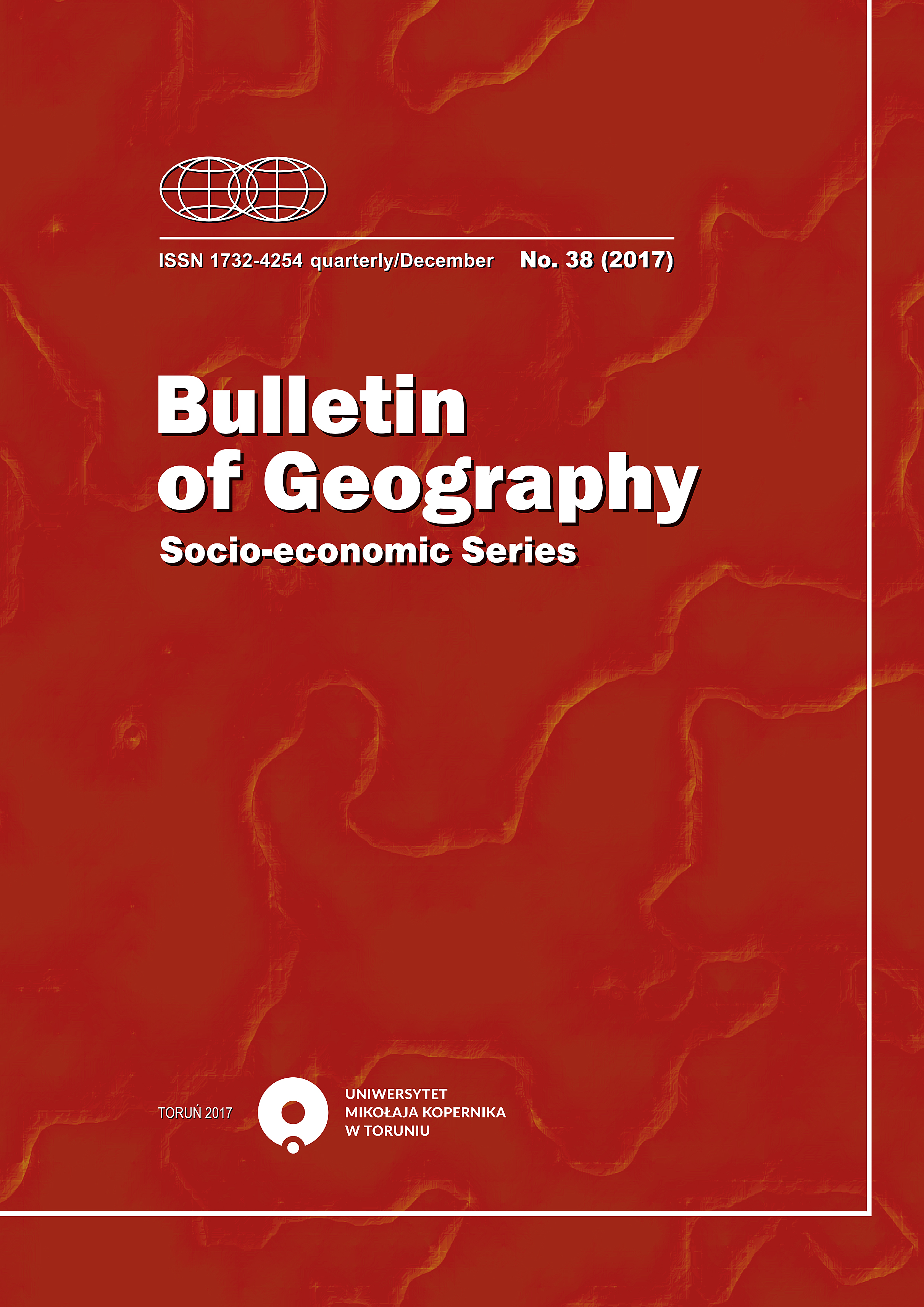Cities as command and control centres of the world economy: An empirical analysis, 2006-2015
Cities as command and control centres of the world economy: An empirical analysis, 2006-2015
Author(s): György CsomósSubject(s): Geography, Regional studies, Supranational / Global Economy, Business Economy / Management, Socio-Economic Research
Published by: Wydawnictwo Naukowe Uniwersytetu Mikołaja Kopernika
Keywords: world cities, developing countries; command and control; transnational corporations; Beijing;
Summary/Abstract: As a result of their rapid economic growth, several powerful corporate giants have emerged in developing countries, especially in China, operating not only in the traditional manufacturing sector, but also in high-tech industries and finance. Major cities in developing countries have gradually become important command and control centers of the global economy, and have also become powerful enough to be in the same tier as major cities of developed countries around the world. In this paper, I examine the position of cities as command and control centers on the basis of the power of their headquartered corporations. The result shows that until 2012, New York, London, Tokyo, and Paris; i.e. the global cities, were the leading command and control centers. However, the gap between these global cities and Beijing gradually closed, and by 2015, the Chinese capital outranked all the global cities. The outstanding performance of Beijing-based corporations that operate in financial, energy, and construction services sectors is the driving force behind Beijing's increasing global power. In addition, the leading position of the global cities as command and control centers has been threatened by the San Francisco-San Jose metropolitan region, a newly emerging economic hub in the United States.
Journal: Bulletin of Geography. Socio-economic Series
- Issue Year: 2017
- Issue No: 38
- Page Range: 7-26
- Page Count: 20
- Language: English

